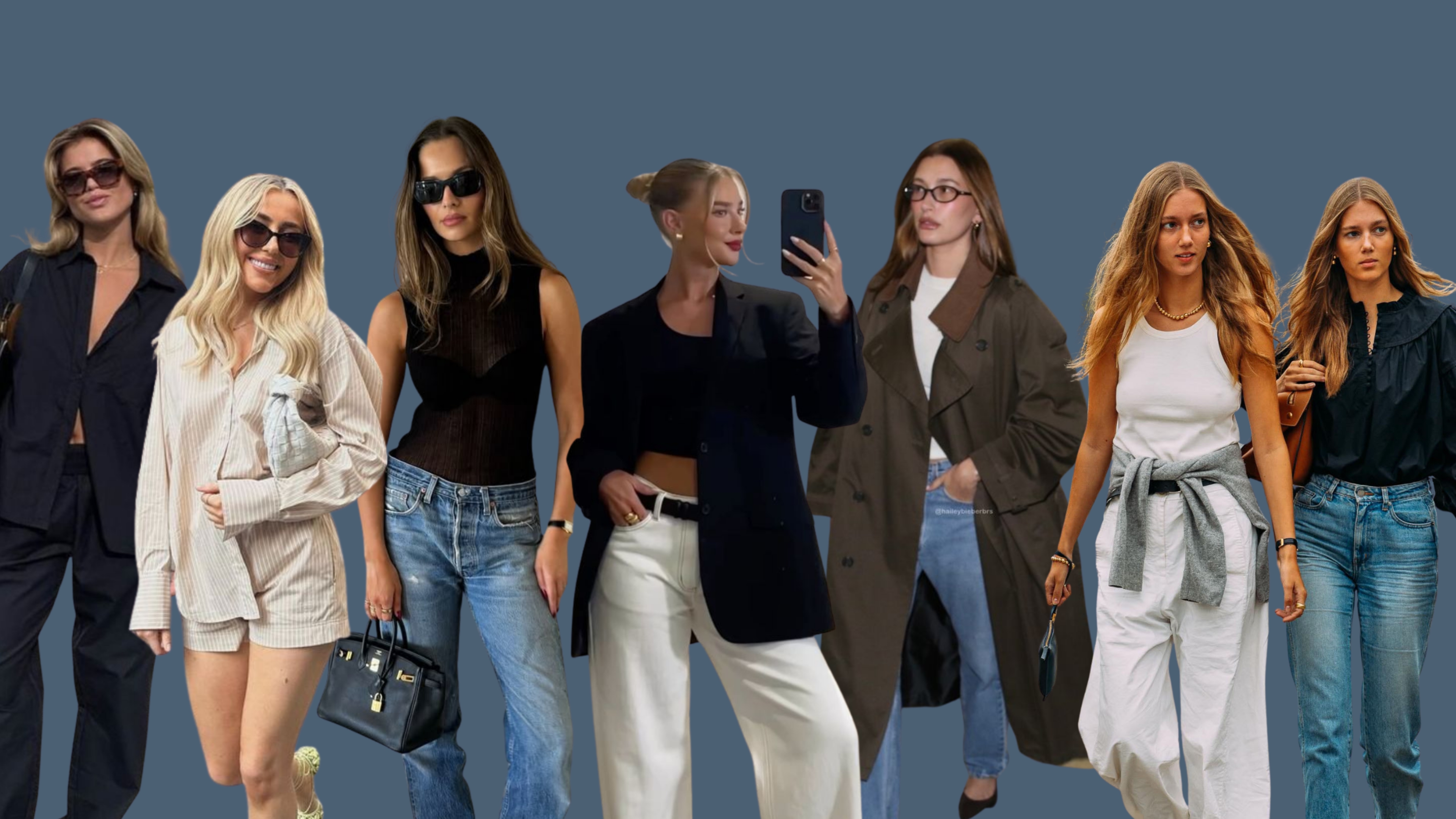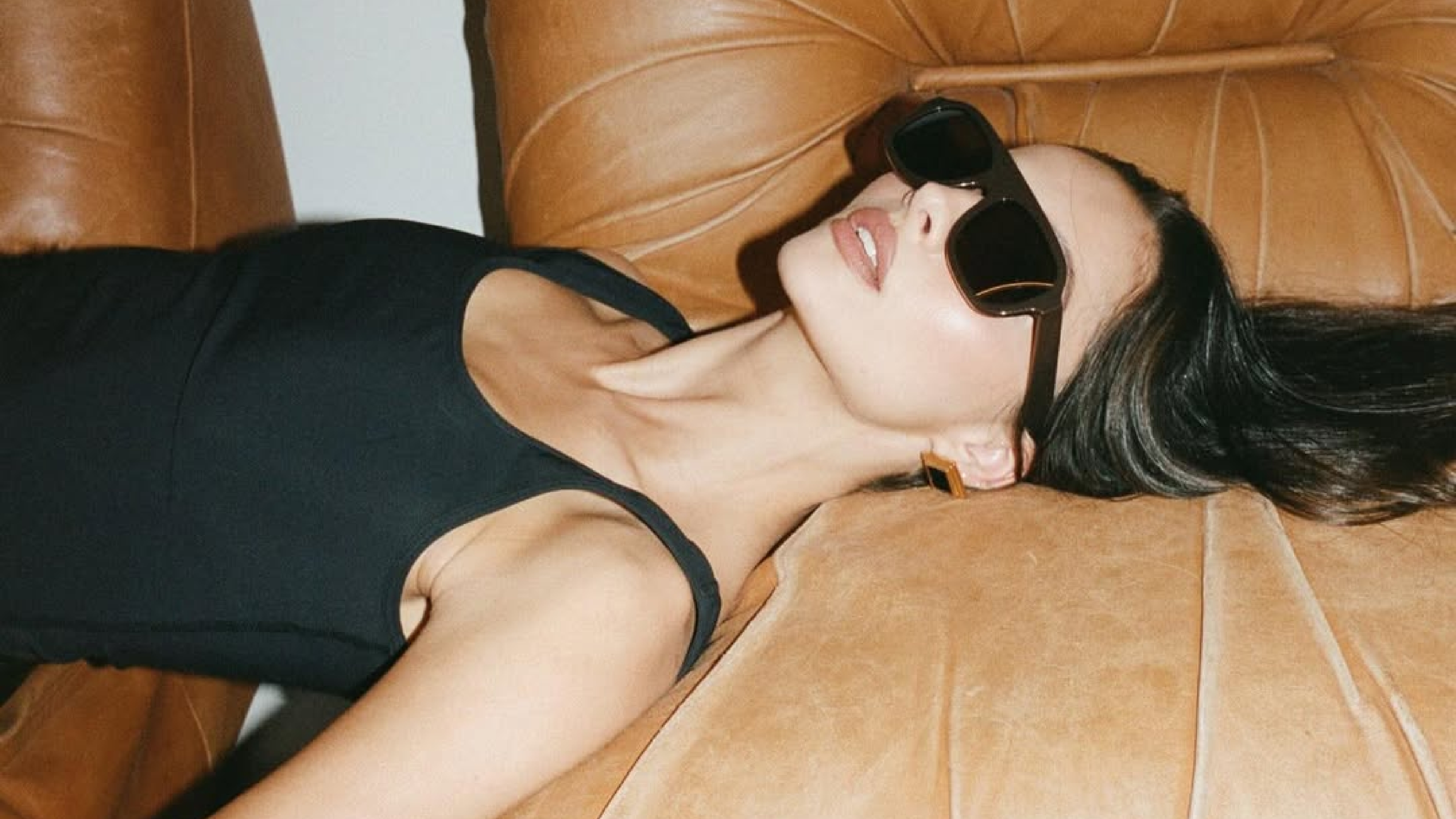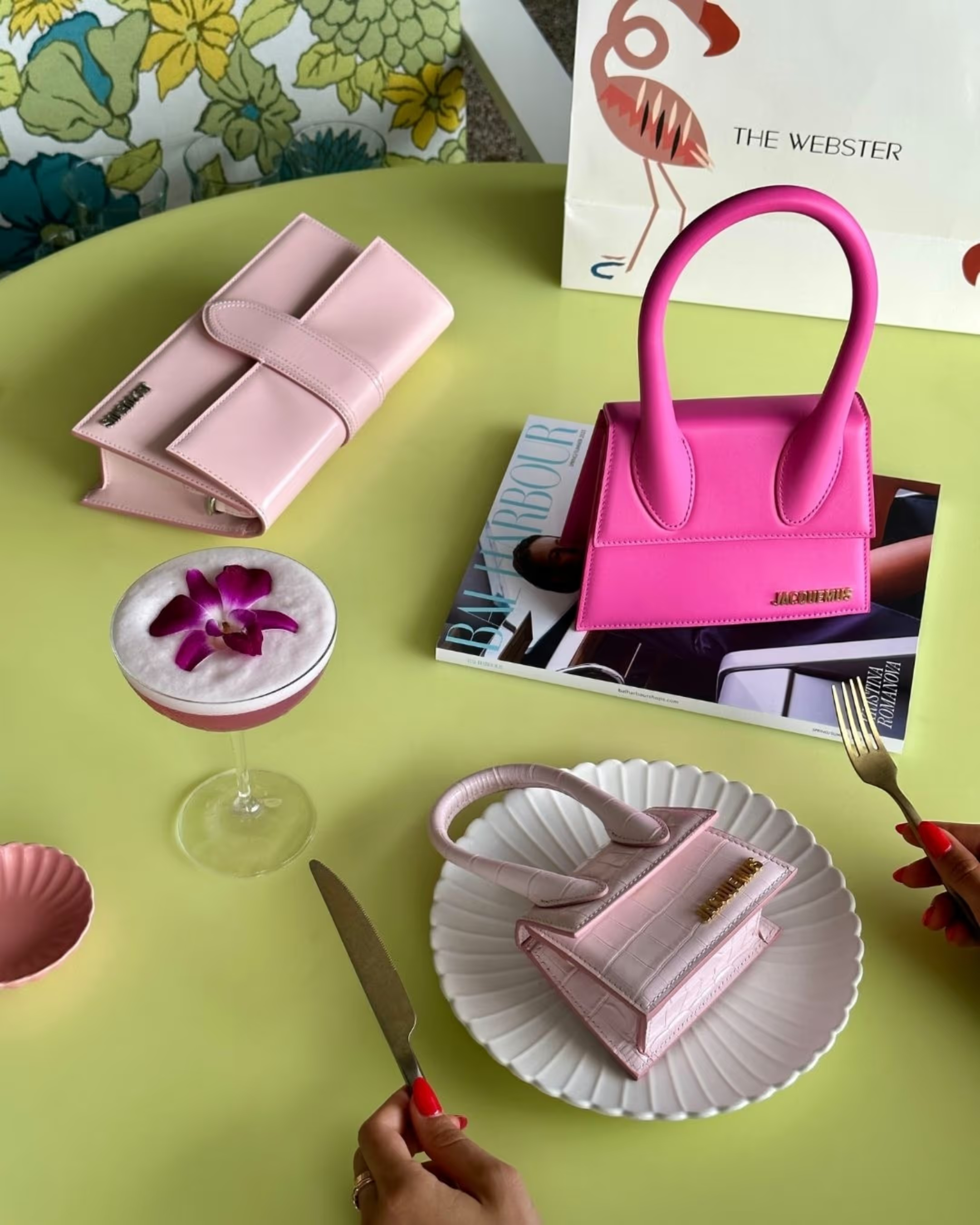The Jacquemus Brand History
Jacquemus has never been one to conform to the norms of the fashion market. Simon Porte Jacquemus himself started his career unconventionally, dropping out of a fashion design programme after his mother's passing and launching his own label with no formal fashion education. Named after his mother's maiden name, Jacquemus, the brand quickly gained recognition. In 2012, Simon became one of the youngest designers to showcase at Paris Fashion Week, sparking industry interest.

The brand's unique appeal lies in its blend of sensual minimalism, youthful freshness, and playfulness. Inspired by his roots in southern France, Jacquemus weaves a romantic narrative of folklore and artistry from the French coast into every collection. Each runway show is a highly personal expression, transcending mere fashion displays to tell the story of Simon's life and worldview. The brand's commitment to storytelling is evident in the significant global monthly searches for 'Jacquemus Bag,' reflecting consumer enthusiasm.
Surrealism: A Digital Canvas for Jacquemus
Jacquemus has not only made waves in the fashion world but has also been at the forefront of a new trend in marketing—surrealism. Surrealism, an art movement that explores the realm of the unconscious mind, dreams, and the irrational aspects of human experience, has found a new canvas in the digital marketing landscape. Brands like Jacquemus have incorporated surrealism into their digital campaigns, creating captivating, emotional, and unforgettable experiences for their audiences.
"Jacquemus stands as a testament to the power of surrealism in marketing. It allows us to break free from traditional marketing norms and establish strong emotional connections with our audience," says Simon Porte Jacquemus, the brand's visionary founder.
Surrealist Marketing: A Trend on the Rise
In recent months, many lifestyle and fashion brands have been incorporating surrealism into digital marketing campaigns to captivate audiences, evoke emotional responses, and leave a lasting impression. Esteemed brands such as Jacquemus, Isabel Marant, and Louis Vuitton are taking inspiration from the 20th-century art movement but putting their own contemporary spin on it, leading to some of the most bizarre, innovative, and exciting marketing campaigns that we’ve seen in a long time.
"The world is so damn dark, and our lives are so busy and heavy, so it's just to play. It sounds very cliché, but it's very true," notes Maryam Keyhani, a hat designer who went viral with a surreal art performance. Her unconventional approach resonated with audiences beyond the fashion realm.
Surrealism offers aesthetics and vibes off the charts, making campaigns truly stand out. It's fun, creative, and incredibly shareable, driving conversations with people passionately arguing in Instagram comment sections about whether it's real or fake.
Surrealist Marketing: Why Now?
In the current climate, characterised by a search for escapism and the extraordinary in the ordinary, surrealism in marketing takes advantage of these desires. Surreal campaigns shock and delight viewers, offering a break from pandemic-era turmoil and the monotony of remote work. Bold, dramatic, and unconventional approaches to digital media have become a necessity if brands want to cut through the noise from overcrowded social media platforms.
Alex O'Neill, a freelance creative director, believes that surrealism in marketing resonates particularly well with the Gen Z consumer, who has grown up with a blended reality. "The new consumer can already see through glossy images ... they're very adept at understanding this visual language," says O'Neill.
The Future of Surrealist Marketing
As brands continue to explore surrealism and engage in increasingly absurd campaigns to capture consumer attention, there may come a point where the pendulum swings back. A return to more traditional, physically crafted, and genuinely experiential campaigns could become a refreshing change in an era of surreal marketing.
"In the world of marketing, we might see a backlash and move back to actual physicality, craft, and genuine in-world experiential creativity," predicts Tom Hyde, vice president of strategy at creative agency Movers+Shakers.
Jacquemus has not only carved its place as a unique and accessible luxury brand but has also pioneered surrealistic marketing in the fashion industry. Its ability to blend artistic storytelling, social media mastery, and unconventional aesthetics has set a new standard for brands seeking to engage modern consumers in a world where the extraordinary is the new normal. Surrealism, as a marketing tool, reflects the evolving tastes and expectations of today's fashion-savvy audience, painting a digital canvas that captivates and delights.






.svg)


.svg)
.svg)






